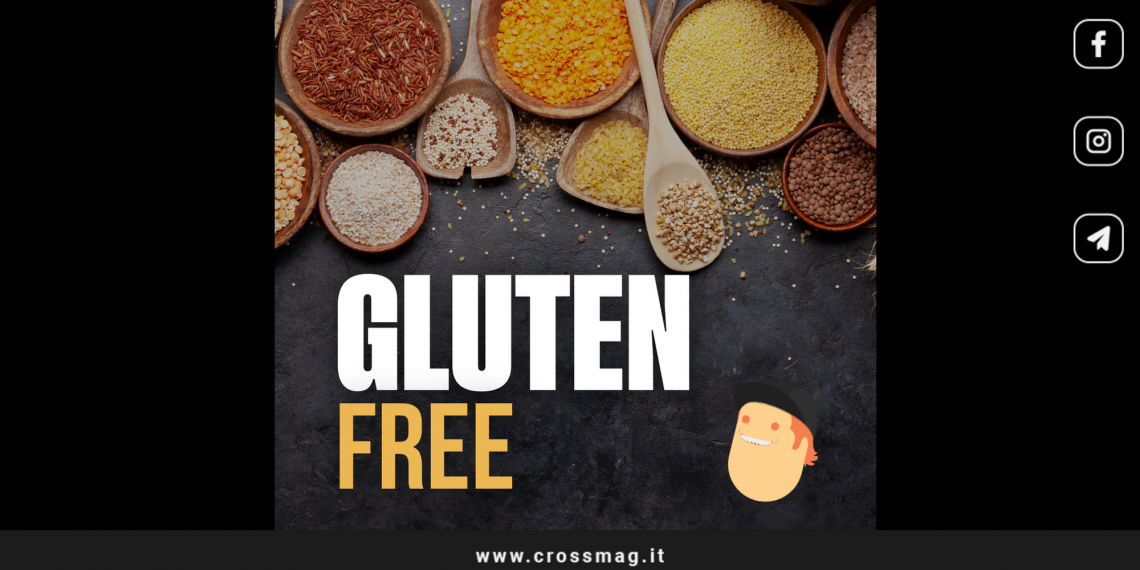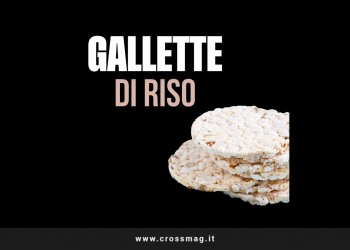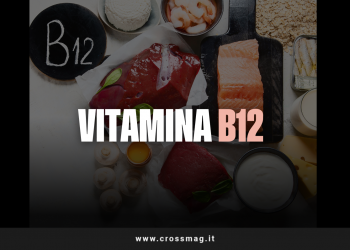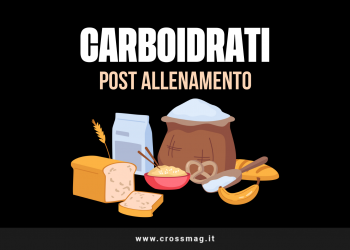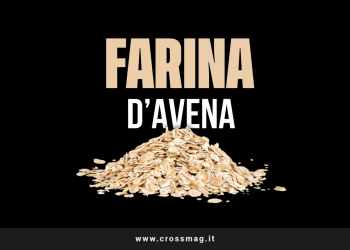The world of nutrition is constantly evolving and, in recent years, a trend that has gained more and more relevance is follow a diet consisting of gluten-free foods.
Although it is essential for people with celiac disease or gluten sensitivity, many other people have embraced this diet for various reasons, from weight loss to supposedly better digestive health.
In this article, we'll explore the ins and outs of a gluten-free diet, the associated benefits and challenges, as well as a wide range of gluten-free foods to help you maintain a healthy, tasty life.
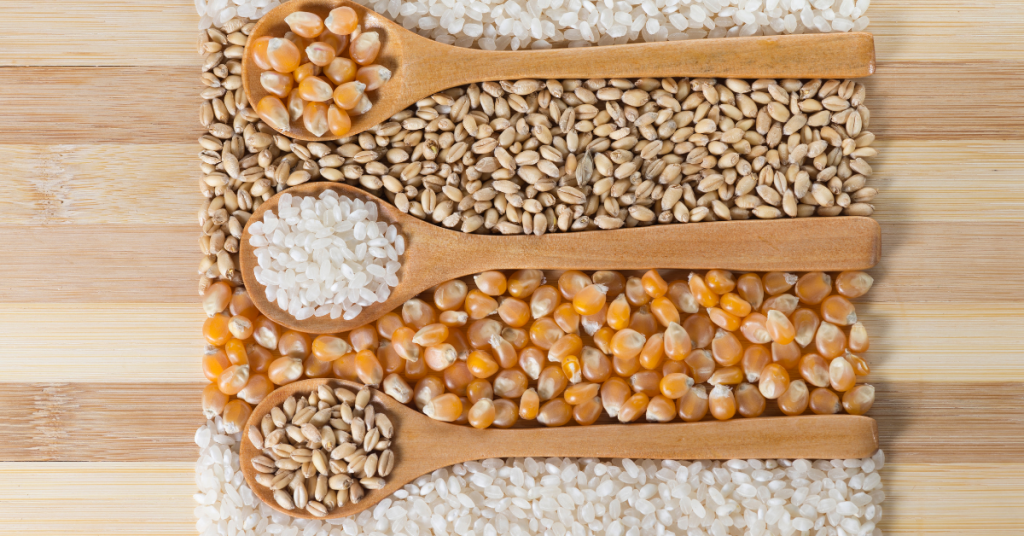
Index
What is Gluten?
Gluten is one protein present in some cereals, mainly wheat, barley and rye.
This protein gives elasticity and structure to baked goods and flour-based products, such as bread, pasta, biscuits and cakes.
However, for some people, Gluten consumption can cause significant health problems.
Who Should Follow a Gluten-Free Diet?
Land people suffering from celiac disease are the most affected by this protein. The celiac disease is an autoimmune disease in which gluten consumption causes damage to the small intestine.
Symptoms vary from nutritional malabsorption, diarrhea, tiredness, skin rashes. These people must follow a diet strictly with gluten-free foods to avoid health problems.
Some people may also suffer from non-celiac gluten sensitivity. This condition manifests itself with gastrointestinal symptoms, but without the damage to the small intestine typical of celiac disease. In these cases, eliminating gluten from the diet can relieve symptoms.
Also, some people follow a gluten-free diet for different purposes, such as weight loss or relief from nonspecific gastrointestinal symptoms.
We remind you that before embarking on a gluten-free diet it is always a good idea to contact your doctor!

Benefits of a Gluten Free Diet
- Improvement of Symptoms: For people with celiac disease or gluten sensitivity, a gluten-free diet can lead to rapid resolution of gastrointestinal symptoms.
- Increase in Energy: Some people report feeling more energetic and less bloated after eliminating gluten from their diet.
- Better Weight Control: Removing gluten can help some people lose weight, especially if they avoid processed foods high in gluten.
- Improved Skin Health: People with gluten-related skin rashes, such as dermatitis herpetiformis, often see a significant improvement in their condition.
Challenges of a Gluten Free Diet
- Food Complexity: The gluten-free diet requires constant attention to food labeling and can be complex to follow in social settings or travel.
- High cost: Gluten-free foods can be expensive, but there are affordable options available.
- Possible Nutritional Deficiencies: By eliminating wheat, some people may risk not getting enough fiber and some essential nutrients.
- Cross-Contamination: Cross-contamination can be a problem in restaurants and shared kitchens.
Gluten Free Food
There are many naturally gluten-free foods that can be included in a balanced diet.
Here are some examples:
- Fruits and Vegetables: All fruits and vegetables are naturally gluten-free.
- Meat and Fish: Fresh or unbreaded meat, fish and seafood are gluten-free.
- Cereals: rice, corn, quinoa; these cereals are gluten-free and can be used to prepare dishes such as risottos or salads.
- Legumes: beans, lentils and chickpeas are excellent sources of protein gluten free.
- Non-Modified Dairy Products: milk, yogurt and cheese without added gluten are suitable.
- Nuts and Seeds: almonds, walnuts, sunflower seeds, etc., are excellent gluten-free snacks.
- Specific Gluten Free Foods: In recent years, the market has seen an increase in gluten-free food options, including bread, pasta, cookies, and even beer.
Many companies now offer gluten-free products, but it is important to read the label carefully to confirm that the product is certified gluten-free.
And you, did you know about gluten-free foods? Let us know in the comments and remember to follow us on our telegram channel
SUBSCRIBE HERE TO THE TELEGRAM CHANNEL

